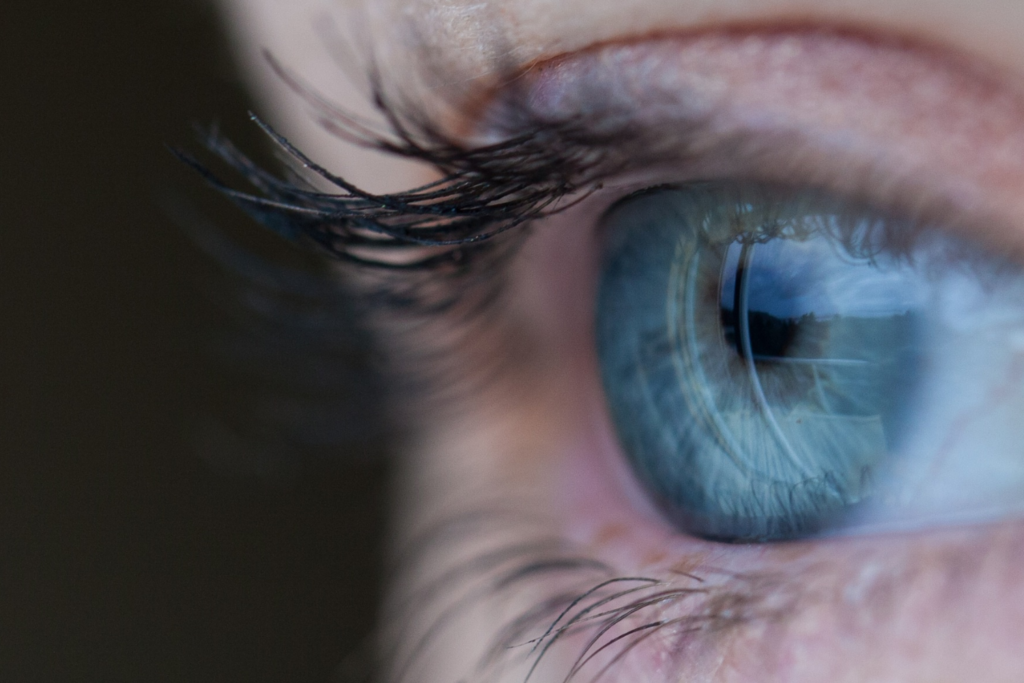Glaucoma can have many causes. Some are common knowledge, such as cataracts and complications from high blood pressure or diabetes, but others can be surprising. Different types of eye injuries, OTC or prescription steroids, and eye melanomas can also cause you to develop this dangerous eye disease.
In this blog, we’ll look more in-depth at three surprising causes of glaucoma. This will help you better assess your own risk to help you have an informed conversation with one of our eye surgeons at Baptist Eye Surgeons, where we can develop a treatment plan that fits your individual needs best!
1. Eye Injuries
The medical term for glaucoma caused by an eye injury is known as traumatic glaucoma. Glaucoma symptoms may appear immediately after the injury. However, it may take years for some people to exhibit glaucoma symptoms due to an old eye injury.
Traumatic glaucoma can be caused by two different types of injuries — blunt trauma and penetrating eye injuries. Certain eye conditions can also cause your eyes to be more prone to injury, such as:
- Infections
- Prior surgeries
- Previous injuries
- Severe nearsightedness
Routine eye exams are essential if you’ve experienced eye trauma that could lead to glaucoma. According to our own Dr. Pruett, “Getting routine eye exams after a serious trauma is very important to screen for early glaucoma even though you may feel your eye is back to normal.”
Blunt Trauma Eye Injuries and Glaucoma
Blunt trauma injuries are the most common cause of traumatic glaucoma. These injuries don’t penetrate the eye but rather affect its external surface and the surrounding area. This can be from a direct blow to the eye as well as to the head. These types of injuries bruise the eye and may eventually lead to vision loss due to glaucoma.
Blunt trauma eye injuries are usually sports-related. In a healthy eye, fluid naturally flows into the bloodstream from the front and through the pupil into drainage canals at the iris’s outer edge. These injuries damage the system and disrupt this natural process. This is usually due to the ciliary body getting torn, which is the part of the eye that produces eye fluid.
A torn ciliary body can result in bleeding inside the eye, as well as the accumulation of plasma and debris, which eventually clogs the eye’s natural drainage system. As the drainage system becomes more clogged, eye pressure can increase and damage the optic nerve, resulting in glaucoma.
In other cases, the damage inflicted on the eye’s drainage canals can cause excess scarring. Like blockage from blood, plasma, and debris, this scarring can block the natural flow of eye fluid and cause glaucoma to occur. This is known as angle recession glaucoma and can take years to develop following a blunt trauma eye injury.
Penetrating Eye Injuries and Glaucoma
Penetrating eye injuries are usually caused by flying debris or sharp instruments injuring the eye. This is why it’s so important to wear eye protection such as safety goggles when doing yard work or while working on the job site.
It usually takes a bit longer for eye pressure to build as a result of these types of injuries. Internal tissue can become irritated and swollen as well, along with bleeding, which can cause pressure in the eye to increase.
2. Steroids
Steroids are a common treatment for a broad range of medical problems. They can be prescribed in the form of inhalers, pills, and ear drops. They’re even available as over-the-counter medications in the form of skin creams and nasal sprays to treat allergies and skin problems like psoriasis.
First introduced in 1912, steroids are a miracle when it comes to treating a variety of health issues. Unfortunately, researchers discovered a link between them and glaucoma in 1960. They can have negative effects on the aqueous fluid outflow system, which is made up of the:
- Aqueous veins
- Trabecular meshwork
- Schlemm’s canal
This can result in increased eye pressure for some people that can occur as quickly as a few weeks after use. Those that are more sensitive to steroids may experience a response as soon as a few days. If left unchecked, you may develop optic nerve damage due to steroid-induced glaucoma.
According to Dr. Pruett, “Even over-the-counter steroid creams can lead to serious consequences when used around the eye.” Make sure to follow the directions closely to avoid any other adverse effects, and talk to your doctor if you experience any adverse symptoms at all.
Risk Factors
This form of glaucoma occurs in around 8% of the population. However, there are risk factors that may cause you to be more susceptible to increased eye pressure due to steroids than others.
The most common risk factor is already having open-angle glaucoma, with 90% of patients having a steroid-induced response. Other risk factors include:
- A family history of glaucoma
- Having experienced a previous steroid response
- Being African American
- Being diabetic
- Having rheumatoid arthritis
Continued use of steroids can have serious effects on your vision if not stopped immediately. For instance, weekly use of steroids when averaged over a lifetime can increase your risk of chronic steroid glaucoma by 4%.
Fortunately, eye pressure tends to return to normal levels once you’ve stopped taking steroids. High-risk patients should avoid them unless absolutely necessary and talk to their doctor about the possibility of non-steroidal treatment options when needed.
3. Eye Melanomas
Melanomas are usually associated with skin cancer. They develop in cells that produce melanin, which is what gives your skin its pigmentation. What you may not realize is that your eyes have these types of cells and can develop cancer the same way that your skin cells can.
Also known as intraocular tumors, eye melanomas are a rare cause of glaucoma and may be the culprit if the cause of your glaucoma isn’t immediately apparent. This form of cancer can cause glaucoma in a number of ways, but always with the same result — increased pressure within the eye.
Eye melanomas are difficult to detect in general. However, common symptoms of glaucoma such as blurred vision, redness, and eye pain may point to a more serious issue. On the other hand, this may not always be the case due to eye tumors affecting different parts of the eye.
Early detection is the best protection against glaucoma due to eye tumors as well as many other eye diseases. Dilated or comprehensive eye exams are essential for catching health issues such as cancer, diabetes, high blood pressure, and even autoimmune diseases. Not only can these exams save your sight, but they may save your life as well.
Are you concerned that you may have glaucoma due to one of these reasons? If so, contact us today and schedule your comprehensive eye exam.
There are a variety of reasons why you could develop glaucoma. While some are common, such as cataracts and high blood pressure, others such as an eye injury or eye melanoma can be a more surprising cause. Talk to one of our surgeons today to learn the cause of your melanoma and how best to treat it.
Baptist Eye Surgeons is an ophthalmological practice in Knoxville, TN, and Morristown, TN. Give us a call at 865-579-3920 for more information or to schedule an appointment.






